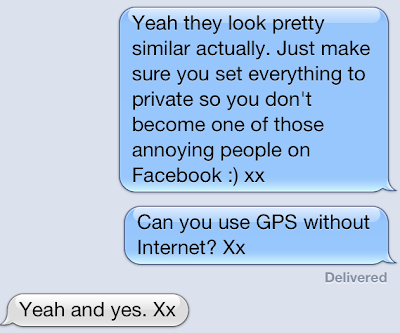One of the contestants was Ruby, a very young baker (just 20) who divided opinion: many were annoyed by her apparent lack of confidence, thinking that it seemed fake. This seemed a bit harsh to me, but then as a university lecturer I'm well placed to see the lack of confidence that many young women have in their own abilities. Ruby has won over a lot of people with this article about the way she and the other female contestants were treated.
But lots of people loved Ruby and were rooting for her to win. She didn't, losing out to the contestant who was better in the final, as is right and proper. On twitter, The Invisible Woman tweeted her thoughts in the moments before the announcement was made:
 |
| Tweet: "'We will always remember Ruby for her perfect picnic pie...' I think that past tense is a clue." |
We can distinguish between 'tense' and 'time' - we might talk about past, present, future, and so on, but we might not always talk about past time with past tense, for instance. Just imagine someone telling a story and saying 'So I start walking away, and he says...'. If we talk about tense, we mean something that is a grammatical feature of the language - an ending on a verb, or a word that functions to make the sentence past.
English has two tenses that are indicated with inflection on the verb: present (with either no ending or -s) and past (with -ed or an irregular ending):
walk - walks - walkedTo indicate other tenses, other methods are used. We might discuss the future and use be going to, or just a present tense verb: The party starts at 8 tonight. Future tense can also be marked 'periphrastically' - that means with another word, will. That's what we've got in the tweet above: We will always remember. Future tense is about is non-past as tenses get. But not only that, it's not even referring to past time. It's referring to some time in the future, using future will, describing the action at that future time. The only past-ness about it is the fact that the meaning of remember refers to the past - if you remember something, you necessarily remember a past event.

